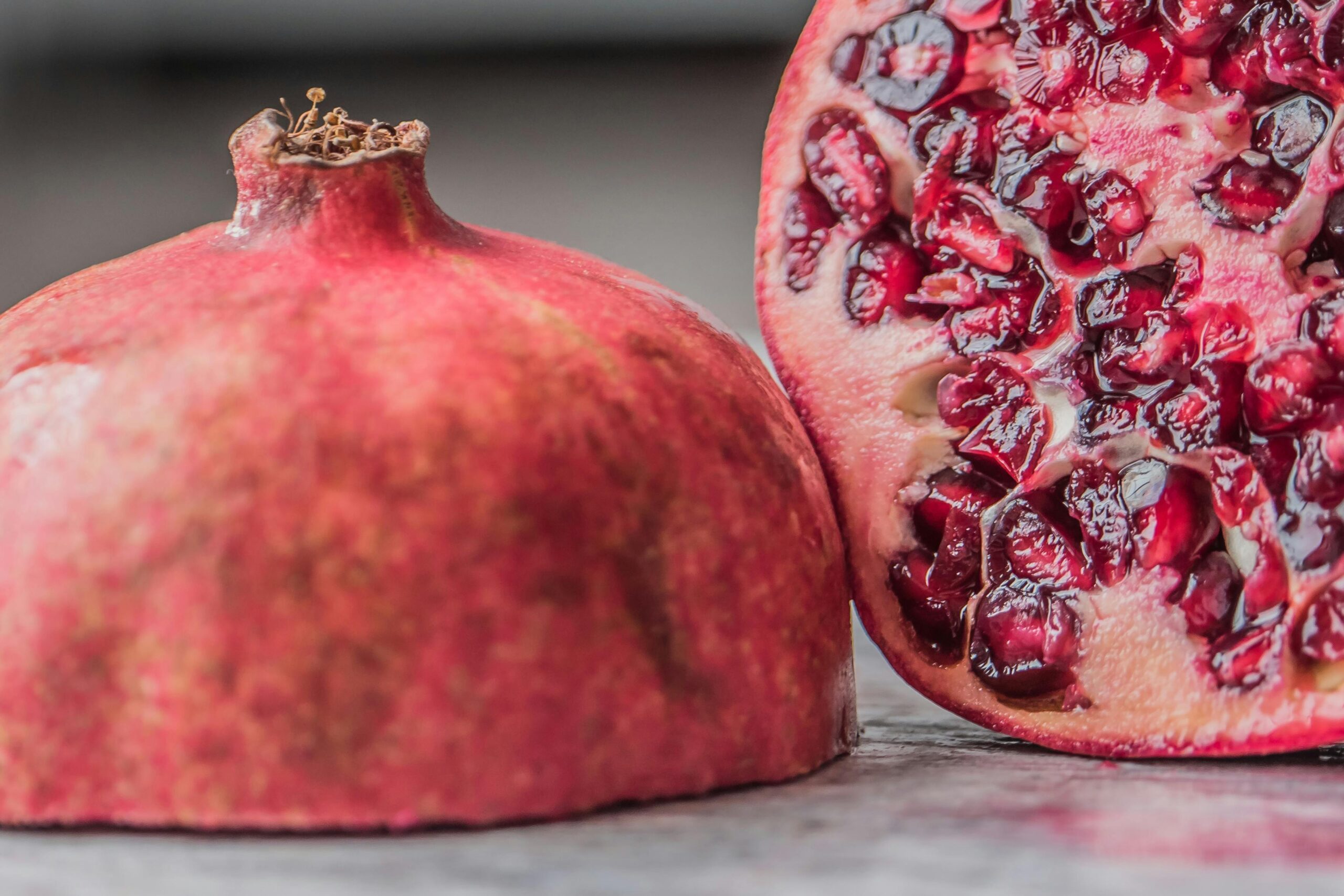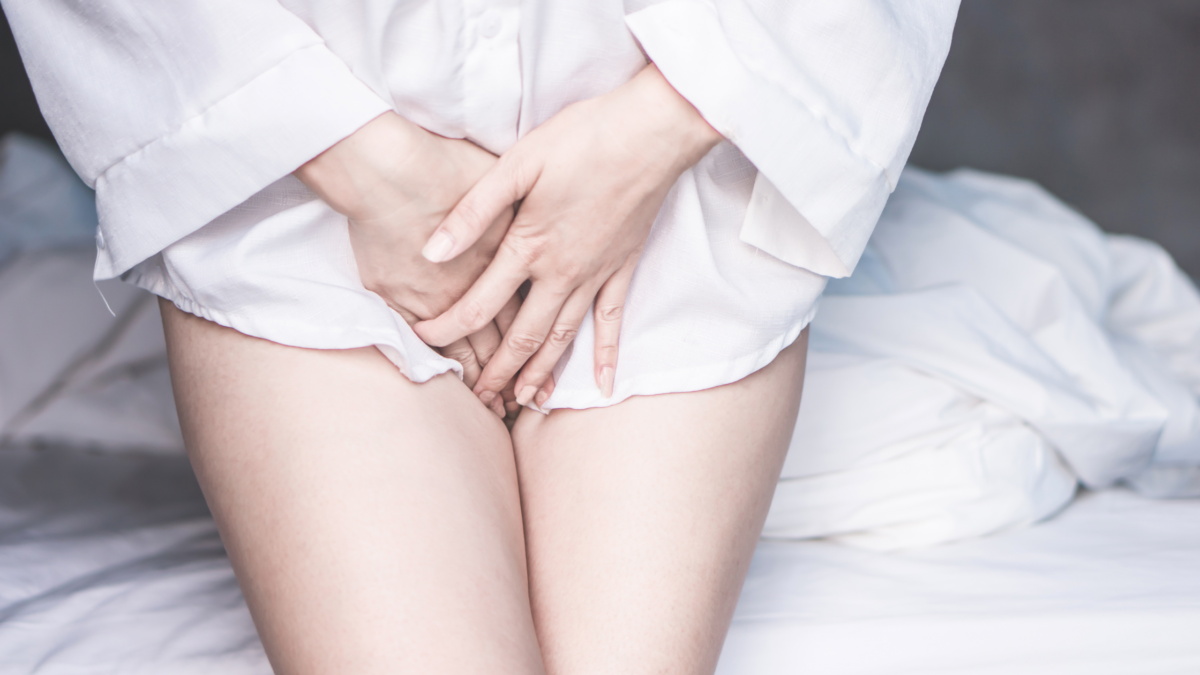


Medically Reviewed By Margaret Etudo. Written By The Vitamins For Woman Team.
Sometimes the most frustrating health issues have surprisingly simple solutions. One woman’s journey to end years of vaginal itching offers hope to many going through the same struggle.

If you’ve ever dealt with relentless vaginal itching that seems to have no cause or cure, you know how draining it can be. Many women silently endure it, trying one cream after another, switching soaps, detergents, even diets, hoping for relief. One woman’s story from a menopause community perfectly captures both the struggle and the relief of finally solving the problem.
She was 55, healthy, and well past menopause without any major symptoms. Then out of nowhere, an intense vaginal itch began. It wasn’t yeast, it wasn’t an infection, and even steroid creams didn’t help. She tried changing soaps, body washes, toilet paper, and detergents, but nothing worked. It went on for nearly two years.
Finally, after connecting the dots with a similar reaction to toothpaste, she realized that sodium lauryl sulfate (SLS), a common foaming agent, was in her laundry detergent. She switched to an SLS-free version, rewashed all her clothes and bedding, and within 30 hours the itching was gone—and it hasn’t returned since.
Sodium lauryl sulfate is a surfactant found in many everyday products like toothpaste, shampoo, and laundry detergent. Research shows it can disrupt the skin barrier and trigger irritation in sensitive individuals (International Journal of Molecular Sciences, 2024). While most people tolerate SLS, some experience skin sensitivity, redness, and itching when exposed repeatedly.
For women in midlife, vaginal tissues can become thinner and more sensitive after menopause due to lower estrogen levels (myUpchar, n.d.). That means even mild irritants in detergents or personal care products can feel much harsher on the skin.
The Reddit discussion revealed that others have experienced similar issues. One woman realized her estradiol cream contained SLS, which worsened her discomfort. Another noticed allergic reactions to certain flavorings in sparkling water. These stories remind us that sometimes the culprit isn’t a medical condition but an everyday product.

If you suspect SLS sensitivity, here are a few simple steps that may help:
As always, consult a healthcare provider before assuming irritation is caused by a product ingredient, especially if symptoms persist or worsen.
While avoiding irritants can solve the immediate problem, maintaining overall vaginal health is just as important.
For women experiencing post-menopausal changes like dryness or sensitivity, supplements that support skin hydration and collagen production can be helpful. A high-quality omega-3 supplement may support skin barrier function and hydration.
Additionally, probiotics formulated for women can promote a balanced vaginal microbiome, which plays a role in overall comfort and health. These options are not cures for itching but can be part of a holistic approach to vaginal wellness.
Not all vaginal itching is caused by irritants like SLS. Persistent or severe itching may be due to conditions like bacterial vaginosis, yeast infections, lichen sclerosus, or hormonal changes related to menopause (ScienceDirect, 2017).
If you notice discharge, pain, or sores, or if itching does not improve after removing potential irritants, consult a healthcare professional for proper evaluation.
Stories like this remind us that sometimes the simplest changes can have the biggest impact. If you’ve been struggling with unexplained vaginal itching, consider whether ingredients like SLS could be part of the problem. Swap to a gentler detergent, reassess your personal care products, and take steps to support your vaginal and skin health from the inside out.
You deserve comfort, confidence, and peace of mind in your daily life. We encourage you to stay curious about your body, make informed choices, and never feel embarrassed to seek help. Relief is possible—and you are not alone.
International Journal of Molecular Sciences. (2024). Effects of surfactants on skin barrier and irritation. https://pmc.ncbi.nlm.nih.gov/articles/PMC11276812/pdf/ijms-25-07718.pdf
ScienceDirect. (2017). Skin irritation potential of sodium lauryl sulfate. https://www.sciencedirect.com/science/article/pii/S0300483X17300732
myUpchar. (n.d.). Vaginal itching causes and remedies. https://www.myupchar.com/en/women-health/vaginal-itching

medically reviewed by margaret etudo, BPharm. written by the vitamins for woman team.